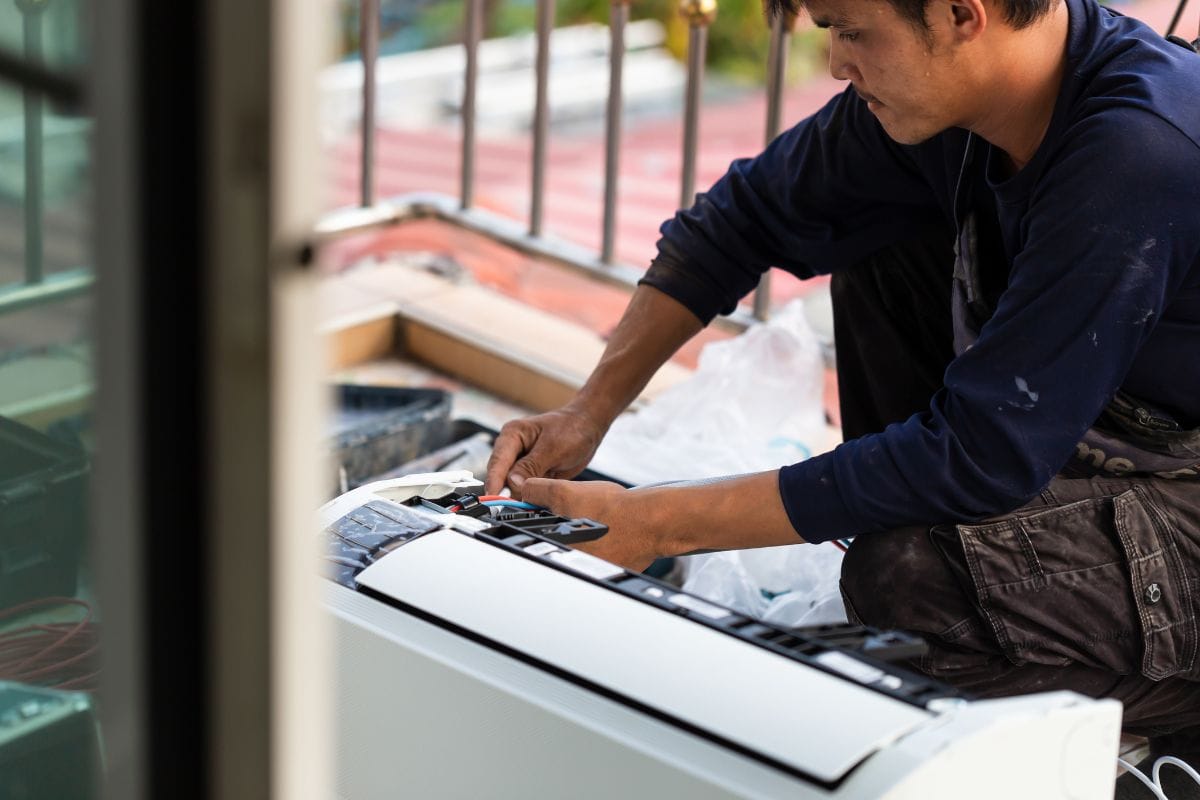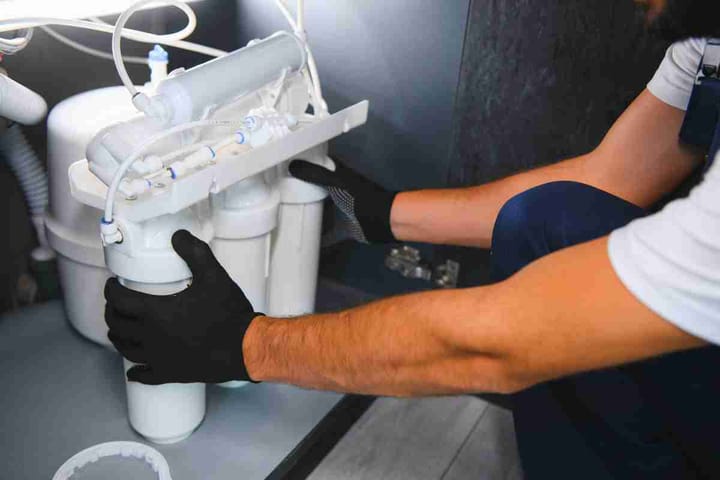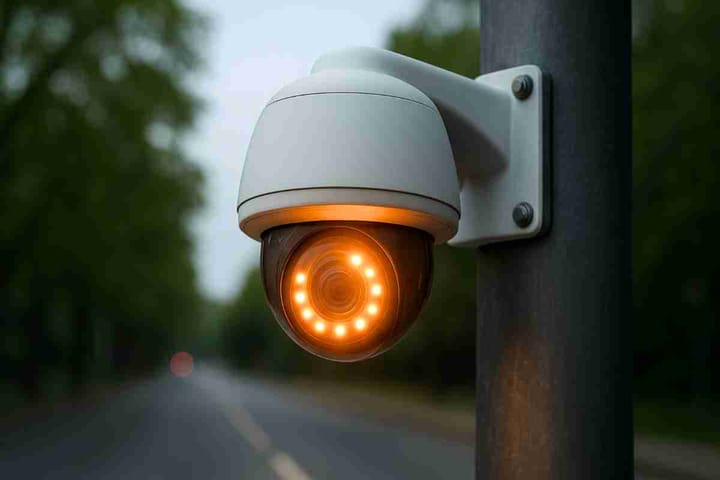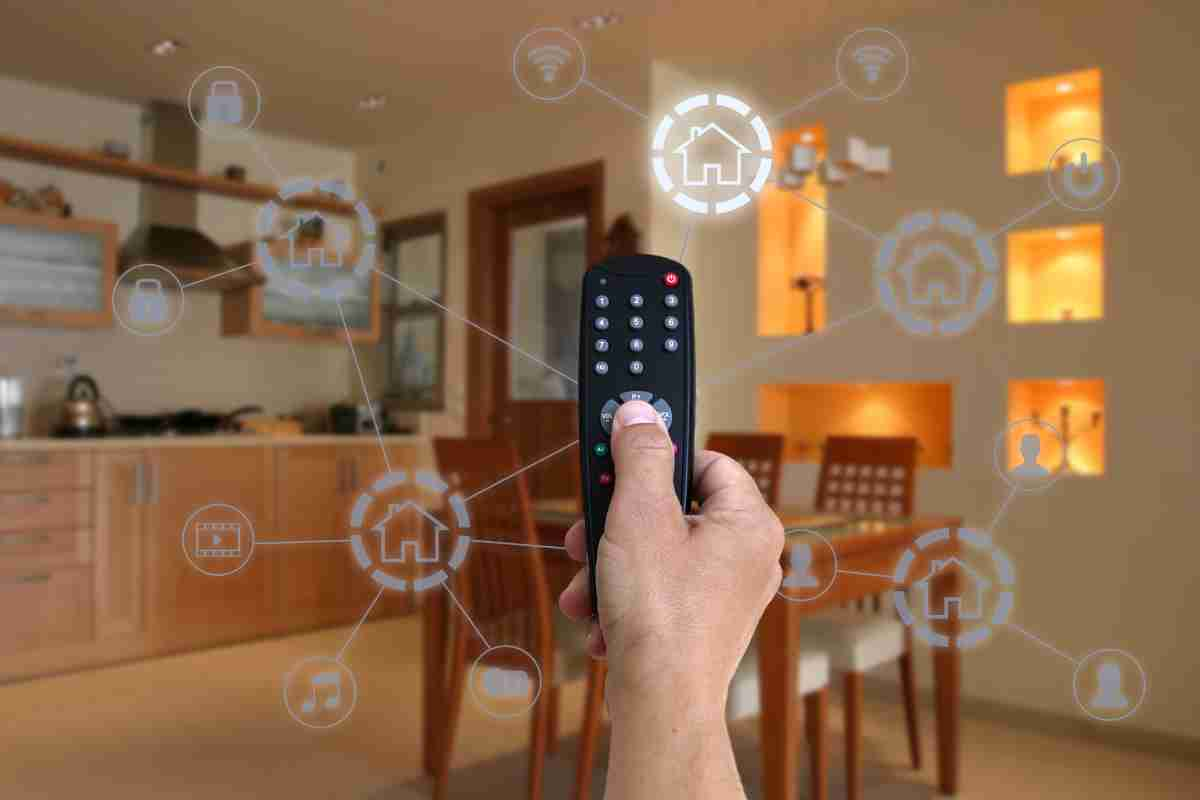The Complete Guide to AC Maintenance: Tips from the Pros
An air conditioner's lifespan of around 12 years can be extended with proper care, ensuring better efficiency, fewer repairs, and cost savings.


On average, the lifespan of an air conditioner is roughly 12 years, based on its care and upkeep. With adequate maintenance, the unit can last beyond expectations before needing to be replaced.
The better the care, the greater the efficiency and extended longevity. With energy efficiency and a longer life comes cost savings in fewer repairs and utility bills. A neglected system will wear down faster with the need for a replacement sooner rather than later.
Maintaining Your Air Conditioner: An Expert Guide for Longevity
When following air conditioning maintenance Sydney, you can improve your air conditioner’s efficiency and extend the system’s longevity. As a homeowner, standard care and upkeep would involve routine cleaning, maintaining reasonable climate control, and enlisting seasonal tune-ups.
The air conditioning system is among the most significant investments for a homeowner, making it a priority to ensure to maximise its life. Is it possible to increase the life by as much as double? Possibly. Here are a few expert tips on maintaining your air conditioner for optimum longevity.
The Install
The AC equipment should be professionally installed in the correct location. Sizing needs to be precise, with the unit being not too big and not too small since either situation will create an inefficient functionality.
It would be best if you researched to find a credentialed, qualified, and insured contractor for the install, one who uses only quality materials like duct and pipework.
The Temperature
Maintaining reasonable climate control will prevent the possibility of added wear and tear on the system. Continuing to adjust the thermostat or making it too high or too low will lead to wear and tear.
The objective is to set the temperature according to the outside; this allows an effective climate control that is more cost-efficient and easier for the unit.
The recommendation for winter is to set the thermostat between approximately 18 and 20 degrees C; in the summer, it should be roughly 25 to 27 degrees C.
Keeping the thermostat within these ranges will allow an extended lifespan and reduce utility costs. Learn energy-saving tips at https://www.choice.com.au/home-and-living/cooling/air-conditioners/articles/air-conditioner-energy-saving-tips.
Turn it off
Despite engaging in excellent care and upkeep and scheduling regular preventive maintenance, excessively used equipment will reduce the overall longevity of the system. When you’re not home or if you go away for a couple of days, program the thermostat so it doesn’t automatically come on.
The Filters
Changing or cleaning the air filters is a primary component of homeowner care and upkeep to improve the life expectance of the system. A dirty filter decreases the efficiency and makes the unit work twice as hard.
The excess dirt, dust, and grime can inhibit the internal components and sensors, eventually causing the equipment to malfunction. With disposable filters, the recommendation is that they be replaced roughly every 90 days or sooner, depending on household circumstances like pets, a dusty location, etc.
With a reusable filter, it should be removed, washed, dried, and reinserted approximately every three months or sooner, depending on the situation. Some equipment comes with a few filters, like the “titanium apatite photocatalytic” filters.
Read through the manual for the recommendations for changing the filters for optimum efficiency.
In addition to routine changing, if you do a deep clean of the house, like a spring and fall clear out, the filter should be changed at those times or when renovating or remodelling since dust will be moving around the air conditioning equipment.
Routine Checks and Common Issues in AC Maintenance

Common issues arise with AC that need to be routinely checked, with a first step being to troubleshoot before calling in the professional maintenance contractor. The problem could be a simple fix, saving the contractor time and, you, some cost.
It could also be a significant problem, which should be left to the professional instead of trying to work with the intricate system if you’re not versed in AC repair. Some issues can be prevented with basic cleaning and standard care.
Many things can lead to the equipment reacting. Click for a guide on cooling and heating, and then follow here for a few problems often seen with AC and how you can resolve them.
The Plug
While this isn’t directly related to the unit, contractors have run into this issue because it’s not one that most people would automatically think of when troubleshooting, the electrical connection. The plug should be a first check before looking for any other issue.
On occasion, the cord dislodges from the outlet, which can happen for a number of reasons without anyone being the wiser. Once it’s plugged back in, it’ll be as good as new.
Shut off
If the AC won’t switch on, it could be a few things, including:
- The circuit breaker is tripped, or a fuse blows when the circuit becomes overloaded. That can happen if the AC is used excessively.
- The system needs a reset
- The condenser fan is either clogged/faulty
- Thermostat faulty
- The electrical wiring is loose
The priority is first to check the circuit breaker to switch it back to “on” if it’s tripped. If this is okay, make sure the shutoff inside and out is disabled. You can then try to reset the AC to see if an alert flashes. That could mean the thermostat is faulty and could need new batteries.
Once you switch out the batteries, set the temperature to roughly 5 degrees below the indoor temp to avoid circuit overload. If the thermostat doesn’t respond, it may need to be replaced.
But if the entire system is not responding, the problem could be an electrical issue, and that would require a professional technician or an electrician.
Final Thought
Air conditioning units are complex systems that require extensive training, qualifications, and skills to install, repair, and maintain. Trying to make DIY repairs as an average homeowner carries incredible risk; it is illegal for non-qualified individuals to attempt to repair intricate equipment.
When you have an HVAC-related problem requiring a credentialed professional with the proper tools and equipment, it’s crucial to reach out to your local experts. These specialists are skilled in maintaining your equipment to work at peak performance for an extended lifespan.




Comments ()